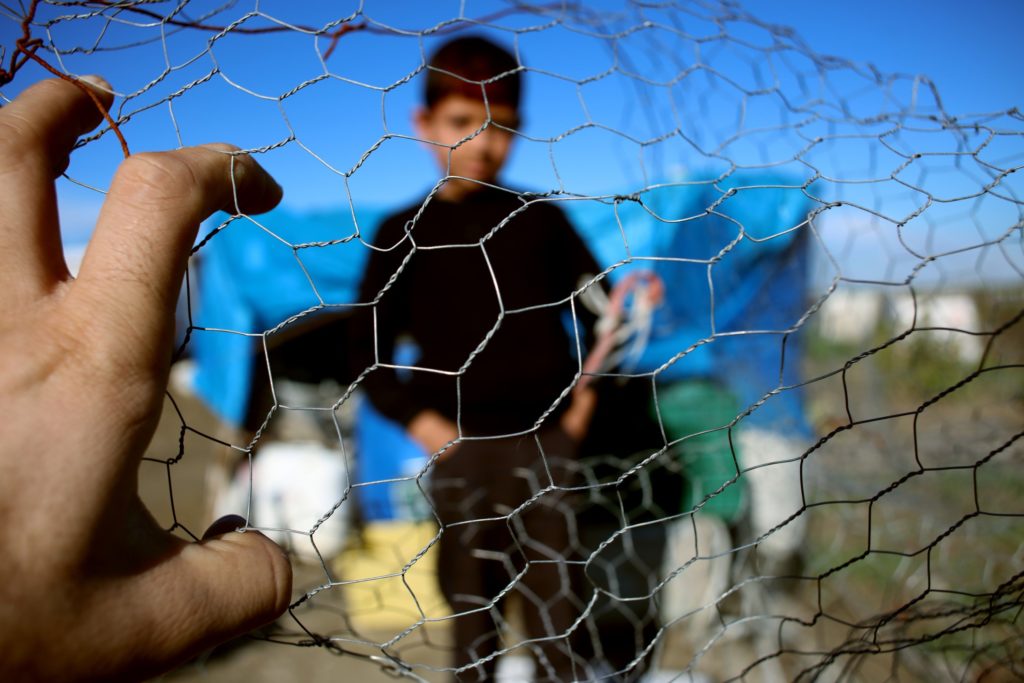Every year, child welfare agencies across the country are increasing their emphasis on kinship care, a form of foster care that gives placement preference to relative caregivers instead of traditional foster parents who are strangers to the children placed with them. Widely recognized as the better way to care for foster children, kinship care legislation has been making its way to law for the better part of the last decade. However, kinship placements are very different from traditional ones – the complex intrafamily dynamics and unique family relationships combined with support systems that fail to account for these aspects of kinship care often mean that legislation can fall short of helping relative caregivers. In 2017, California introduced its Resource Family Approval process (RFA), a reform that, in part, aims to register and financially compensate relative caregivers in the same ways that the state handles traditional foster parents.

A typical complaint of relative caregivers is a lack of state support so this reform seemed to be, from the legislators’ perspectives, a slam dunk – getting these kinship families registered with the state would make it easier to pay them the appropriate stipends while also linking them up to necessary supports beyond the traditional financial assistance.
Very quickly, however, flaws with the system began to emerge. “I’m actively expecting my landlord to show up at any point in time and hand me a three-day notice and start the eviction process,” Mahoganie LaFranks, a Los Angeles kinship provider, said. “I love this kid, but I am completely petrified.” LaFranks had begun the RFA process in September of 2017, but had been caring for a teen since January. By the time December rolled around, the process was still not complete – meaning LaFranks was not receiving the $923 monthly stipend that resource families typically receive in California. With many new responsibilities regarding the teen but without the extra money, LaFranks found herself behind on rent and struggling to find a job that fits into her parenting schedule. Continue reading →






